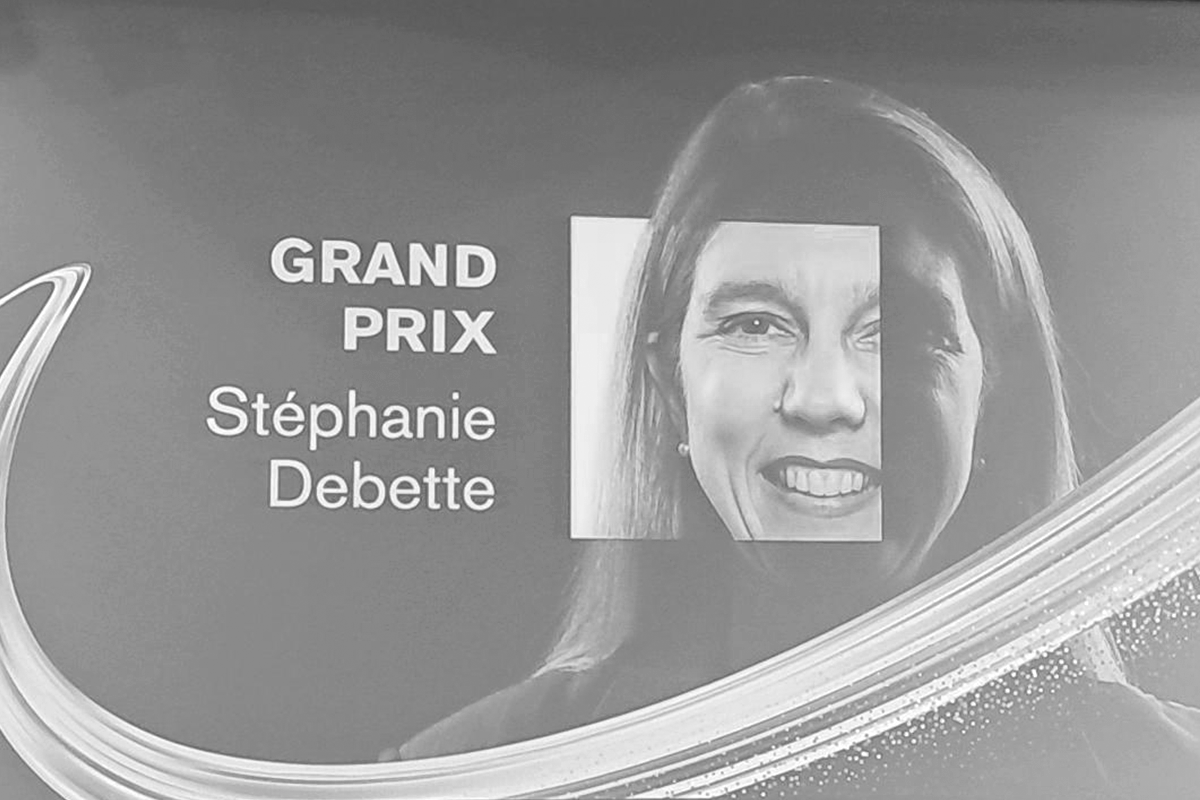As a young researcher in the ELEANOR team at the Bordeaux Population Health Inserm U1219 led by Dr David-Alexandre Tregouët, member of the VBHI board of directors, and working closely with Prof Stéphanie Debette, scientific director of the VBHI institute in charge of the VBHI – Translational Omics Centre programme, Quentin Le Grand has been awarded the Young Researcher’s Prize by the Thérèse and René Planiol Foundation. Interview.
Tell us about yourself, what is your background?
I hold a PhD in Public Health – Epidemiology from the University of Bordeaux (2022). During my PhD with Prof. Stéphanie Debette at the Bordeaux Population Health Inserm U1219, I used genomic analyses to better understand the biological mechanisms involved in brain function in young adults and how they might evolve across the lifespan, in particular towards pathological processes related to stroke and dementia.
During my post-doctorate at the Deutsches Zentrum für Neurodegenerative Erkrankungen (DZNE, Bonn, Germany), with Prof. Monique Breteler, I studied the molecular determinants of emerging, and potentially early, imaging markers of cerebral small vessel disease (cSVD). In June 2024, I returned at the Bordeaux Population Health Inserm U1219 where I am continuing my research on this topic.
What is your research topic and why are you interested in it?
My work focuses on the genomic determinants of Magnetic Resonance Imaging (MRI) markers of cSVD, and more specifically on emerging and potentially early MRI markers of this disease.
With increasing life expectancy and population ageing, stroke, cognitive impairment and dementia have become the most common sources of disability and dependency, representing a huge burden for the society.
cSVD is a syndrome affecting the small penetrating vessels of the brain, which are essential for maintaining optimal brain function, leading to changes in brain tissue that can be measured on MRI.
This disease is very common in the older general population and occurs covertly, i.e. detectable by brain imaging markers before the onset of clinical symptoms. A high burden of these markers is associated with a major risk of stroke, cognitive decline and dementia. Thus, it represents an important target for the prevention of these conditions in the general population.
The aim of my work is to contribute to a better understanding of the biological mechanisms involved in cSVD and how they evolve across the lifetime. Ultimately, this work could help to develop new preventive and therapeutic strategies for stroke and dementia.
We recently published an article on this topic, about novel neurite orientation dispersion and density imaging (NODDI) markers, in which we explored the genomic determinants of these markers in young adults (i-Share cohort in Bordeaux), and extended our results to older adults (Rhineland Study cohort in Bonn, Germany, and UK Biobank in the UK).
In particular, we have shown that the genetic determinants of traditional MRI markers of cSVD (measured in older adults) were associated with an alteration in NODDI markers in young adults aged 22 on average (i.e. very early in life), specifically in brain regions known to harbor traditional MRI markers of cSVD in older adults.
What does the Thérèse and René Planiol Foundation Young Researcher’s Prize mean to you?
The Thérèse and René Planiol Foundation’s Young Researcher’s Prize is a great recognition and spotlight for my research work, which is particularly important for a young researcher.
At the award ceremony, I will be giving a public lecture in Tours (France) on 14 March 2025 as part of the Brain Awareness Week.
What are your aspirations for the future?
In 2026, at the end of my post-doctorate at the Bordeaux Population Health Inserm U1219, I will join the Inserm U1078 in Brest to work with Dr Emmanuelle Génin and Prof Serge Timsit.
I will continue my research by focusing more on the genomics of clinical stroke. I will also seek to establish close collaborations with the VBHI.
In the long term, I hope to establish myself as a researcher in genomic epidemiology of neurovascular diseases.
Find out more:
- Scientific publication: Le Grand, Q., Tsuchida, A., Koch, A. et al. Diffusion imaging genomics provides novel insight into early mechanisms of cerebral small vessel disease. Mol Psychiatry 29, 3567–3579 (2024). https://doi.org/10.1038/s41380-024-02604-7
- Article from the Thérèse and René Planiol Foundation
- Lectures by the winners of the Thérèse and René Planiol Foundation during the Brain Awareness Week on 14 March in Tours (France)
EM


